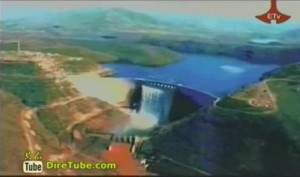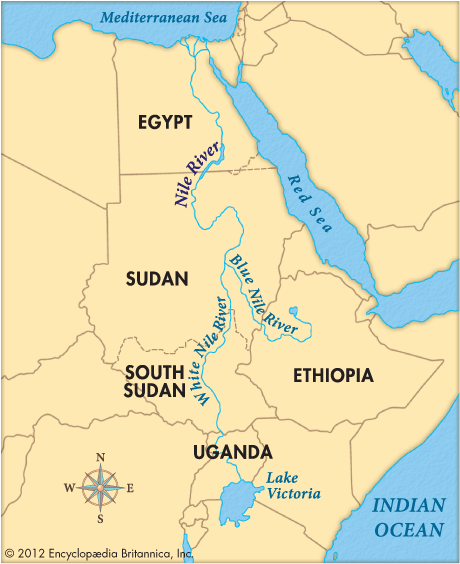 Ethiopia’s Renaissance Dam along the Nile River will not affect Egypt’s share of the Nile water, said the Ethiopian Minister of Foreign affairs Berhane Gebre Christos on Monday.
Ethiopia’s Renaissance Dam along the Nile River will not affect Egypt’s share of the Nile water, said the Ethiopian Minister of Foreign affairs Berhane Gebre Christos on Monday.
“The Grand Ethiopian Renaissance Dam project is created to generate electricity and not for agricultural purposes,” the Ethiopian minister told reporters on the sidelines of the African Union Summit currently taking place in Addis Ababa.
“We do not seek to harm Egypt by building this dam, Ethiopia does not claim one bit that it possesses the Nile River alone,” Christos added, stressing that the project will not reduce Egypt’s share of Nile water.
Ethiopia announced in 2011 its plan to build the largest hydroelectric power plant in Africa on the main stream of the Nile river. A decision that raised concerns about water supply in Cairo.
The Renaissance Dam is built along the river that provides Egypt with about 60 percent of its annual 55 million cubic meters of Nile water.
Egypt and Ethiopia are members of the Nile Basin Initiative (NBI), a partnership among Nile states aimed at sharing the river’s socio-economic benefits and promoting regional security.
It comes on the heels of months of wrangling between the two countries and a Wikileaks report saying Egypt was ready to attack Ethiopia if the dam project went forward.
The dam project has seen widespread concerns from Egypt and Sudan, who have echoed the Saudi official’s sentiments over the project, which they see as an infringement on their historical rights to Nile water.
The dam could threaten the regional stability after the Egyptian government said it remained “concerned” over Ethiopia’s actions along the Nile River.
The anger comes as Ethiopia and Eritrea both attempt to mend relations strained over the years.

Ethiopian government officials this week reaffirmed their commitment to have peace discussions with longtime foe and neighbor Eritrea with the aim of ending decades of tension along the border that has seen war and strife.
During his meeting with the United Nations Secretary General Ban Ki-moon in New York, the Ethiopian Minister of foreign Affairs Tedros Adhanom accused the Eritrean government of refusing to engage in peace talks.
Adhanom said his country is ready to sit down for direct negotiations with Eritrea without any preconditions regarding to level, time or venue.
But the Ethiopian top diplomat stressed “the belligerent party opposed to these talks has always been the Eritrean side”.
According to the ministry of foreign Affairs, Tedros expressed solidarity with the people of Eritrea whom he said are continuously suffering due the regime’s “brutality and obstinacy to peace”.
Ethiopia and Eritrea fought a border war in 1998-2000 that has killed an estimated 70,000 people.
The two East African adversaries remain at loggerheads since the disputed key town of Badme had been awarded to Eritrea by an international border commission.
Government officials here in the Ethiopia capital told Bikyanews.com that they are “confident” that the situation will finally be resolved.
One foreign ministry spokesperson, who was not authorized to speak with the media, said that they hoped “the ongoing discussions between government officials would lead to a finality of the situation and help to build and mend the broken ties between the two countries.”
It is still unclear where the people fall in the ongoing negotiations, with many telling Bikyanews.com that they believe the time is now to end the tension along the border and start to build new economic relations.
BN

Leave a Reply
You must be logged in to post a comment.